Do not fall for the lies spouted by ‘We Were Liars’
In both show and book format, steel yourself for an unreliable narrator as insufferable as an adolescent’s essay

It is a rare achievement for a book and its corresponding television show to be as spectacularly terrible as each other in a stunning array of ways, but We Were Liars is the unique work of art that pulls it off.
Nobody else will tell you this, by the way. In a bid to eat into hours of your time that you will never get back, E Lockhart's We Were Liars attempts to sell us the story of Cadence Sinclair, her picture-perfect cousins, their tiny private island, their idyllic sun-drenched, sea-soaked summer holidays. There is also a terrible tragedy that Cadence alludes to but does not deign to give us any details about.
A huge part of the reason for Cadence's reticence is that she has no memory of any of these terrible things, and no one with a fully functioning memory in her life sees fit to supply answers. Additionally, despite the promising title, nobody actually does any lying here. Everyone is just irritatingly obtuse. Cadence is left to play detective, causing you to come close to throwing either your remote or the book by the time she has arrives at her tortuous conclusion. We really need to find a way to cure literary amnesia to spare future readers the pain of a rambling, incoherent protagonist who probably could have been shoved off a cliff at the earliest opportunity.
Unfortunately, not everyone subscribes to these unkind thoughts about fictional amnesiacs like Cadence. Enraptured BookTokkers who were late in picking up this 2014 bestseller, along with giddy IMDb reviewers who fell in love with the Prime Video show of the same name which arrived in June, will conspire to trap you into the well of horror that is both the book and the limited series. Do not be the deluded fool who falls for their solemn promises of excellence, unless you enjoy the incomplete, imaginatively punctuated sentences spilling forth from an unreliable teenaged narrator who unfurls a twist that makes you heartily wish she had perished on page 1 - of both the book and the script. Consider this warning a public service.
A rambling mess
If you are not already overflowing with gratitude for this simple public service, you should be, because you have now been spared two days of skimming through tedious descriptions of our heroine's trauma-induced headaches. And do not feel you will be left out of this headache party if you only plan on watching the show! You show watchers will also get to experience your fair share of We Were Liar-induced headaches after suffering through intense close-ups of blinding blonde hair and shiny white teeth. Before you are all up in arms, we must make it clear, we are not discriminating against dental hygiene and bright hair hair; what we are saying is, one should not have to reach for sunglasses upon finding oneself in extreme close quarters with teeth that dazzle like the sun and dominate the screen, certainly not one we are are squinting at these teeth on TV instead of our phones.
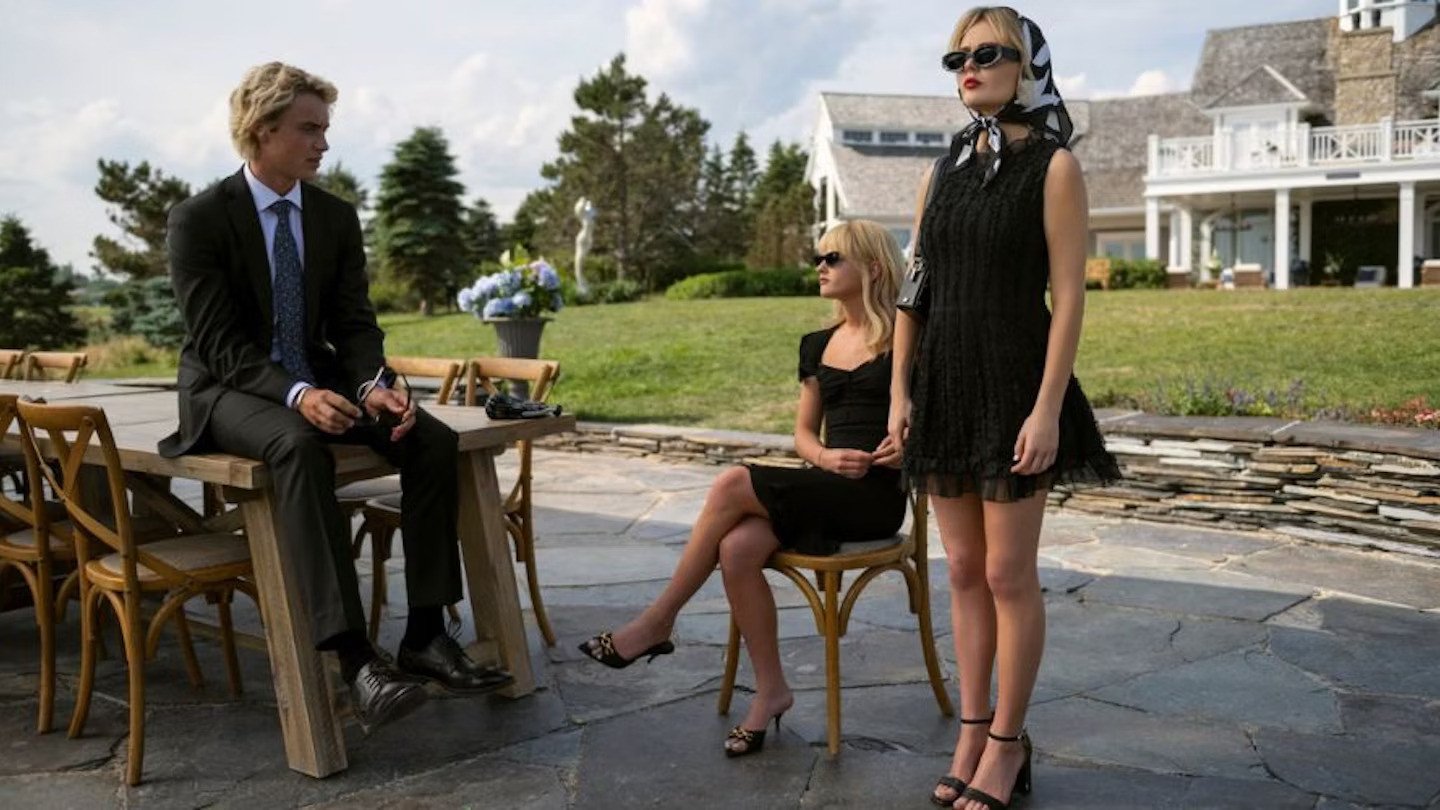
Anyway, just what manner of trauma has caused Cadence to be plagued with her aches and pains is not made immediately clear; what is certainly clear is that gets them, and keeps us all in the loop with no thought to spare for commas or, indeed, punctuation of any description - at least not in the traditional sense. Devoid of scaffolding and structure, Cadence’s sentences melt into one another with not quite the finesse of sugar pooling into caramel on a hot pan, but more like instant coffee granules spilling onto a wet kitchen floor. You are left with sludge, a mess that you wish you a nearby adult would clean up, until you remember that you are the only adult in the vicinity, and no one else is coming to do any cleaning. In doing so, Cadence has become the Holden Caufield of the 21st century, which is not quite the sterling recommendation lovers of Catcher in the Rye would like to think it is.
Irritating comrades
Like all her fellow teenage protagonists, Cadence also has a love interest her age who goes by ‘Gat’. Gat is the Montague to her Capulet, the Jack to her Rose. We are informed in both the book and show (via Cadence’s expository monologue), that Gat is “contemplation and enthusiasm. Ambition and strong coffee.” In case we missed it, we are reminded of it repeatedly, although the first time we get this opening description of him is when Cadence and Gat are both eight years old, so quite what she knows about either ambition or strong coffee at that age is a bit of a question mark. Perhaps the strong coffee is a metaphor for Gat’s skin colour (owing to his Indian heritage, which of course must be given a food-oriented description if we are to have any hope of picturing what he looks like.) It certainly isn’t because Gat is a caffeine addict. We have also yet to deduce what levels of ambition or contemplation Gat radiated at age eight that were picked by young Cadence.
Gat is not the only person who is awarded such trite allegories. On both page and screen, Cadence’s cousins and best friends, John and Mirren, come with similar labels. John, apparently, is “bounce, effort, and snark.” Mirren, meanwhile, is “sugar, curiosity, and rain.” How does one come spring-loaded with effort or sugar? This, like Gat’s ambition and coffee, remains tantalisingly unclear, although if at least one easily impressed reviewer is to be believed, all of this is indicative of “beautifully executed, spare, precise, and lyrical prose."
In addition to being snark, sugar, and strong coffee, John, Mirren, and Gat form the bedrock of Cadence’s annual sland holidays, which, as you may have guessed due to the presence of the mysterious Bad Thing, are not quite as idyllic as either lyrical prose or close-up shots of beautiful sun-kissed hair will lead you to believe. Will Cadence’s besties help her find the answers she so desperately and tediously seeks?
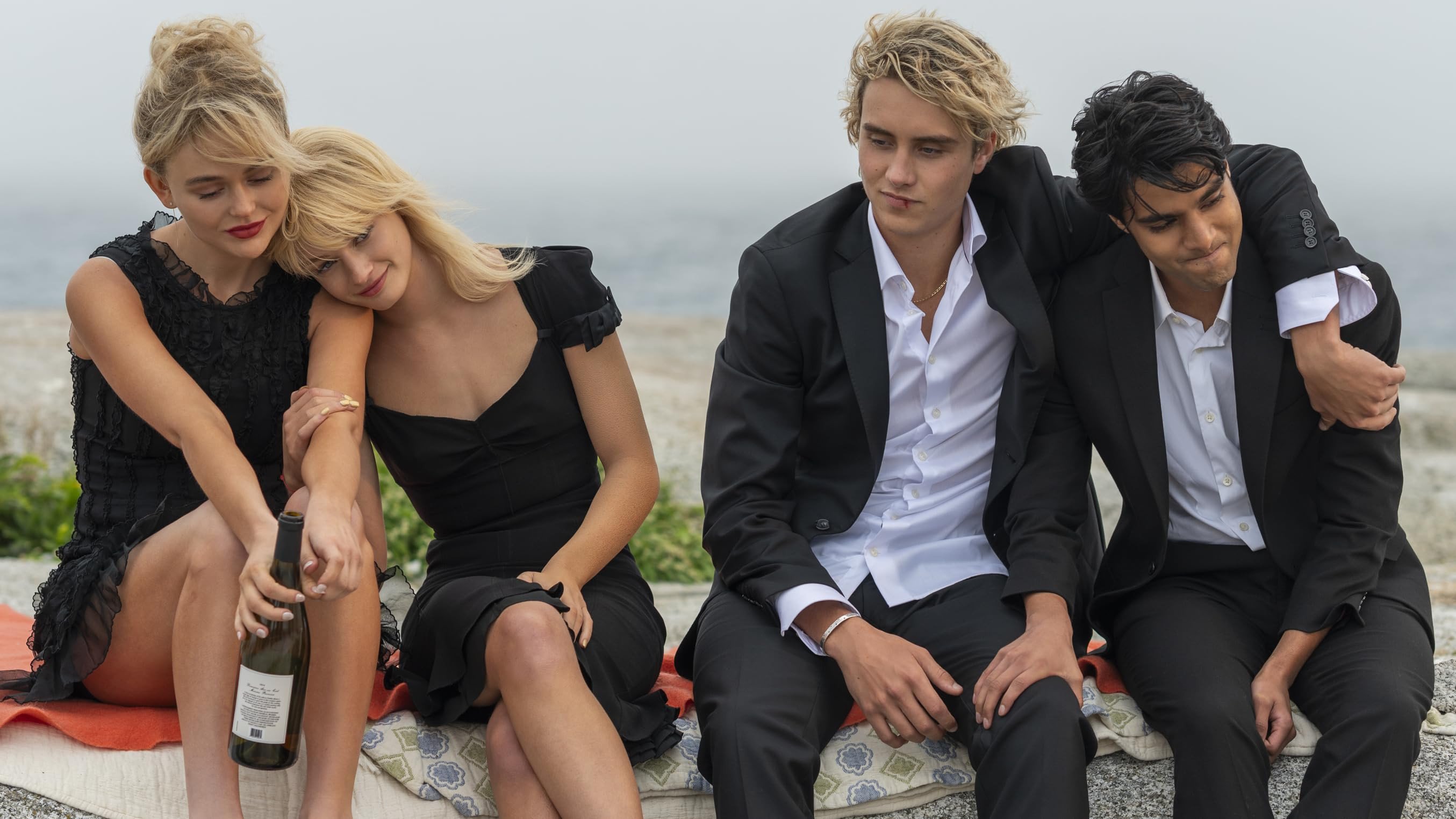
If you are the type of reader who prefers that their book or show sticks to the genre that has been promised in the blurb, then I have even more bad news for you, because We Were Liars takes liberties here as well. With a plot that moves with the speed of an elderly sloth with arthritis, we must ask ourselves: are we dealing with a murder mystery? A supernatural thriller? A medical drama? Is any of this real? Are BookTokkers high?
The good news is that we do end up receiving answers for most of these questions. The bad news is that the answers will probably send you into a spiral of rage cleaning as you try to delete them from your mind. (Thoughts and prayers if you embark on this foolish book or show journey during a long-haul flight, when the advantages of rage cleaning are not available to you.) In short, I trust this public service message will have made it abundantly clear that you should definitely recommend We Were Liars - in both show and book format - to a much loathed foe.
Have something to add to the story? Share it in the comments below.


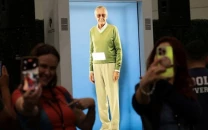
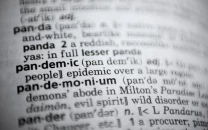


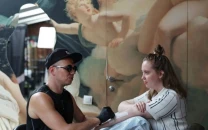


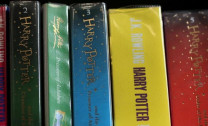

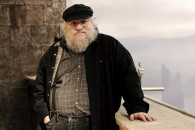













COMMENTS
Comments are moderated and generally will be posted if they are on-topic and not abusive.
For more information, please see our Comments FAQ